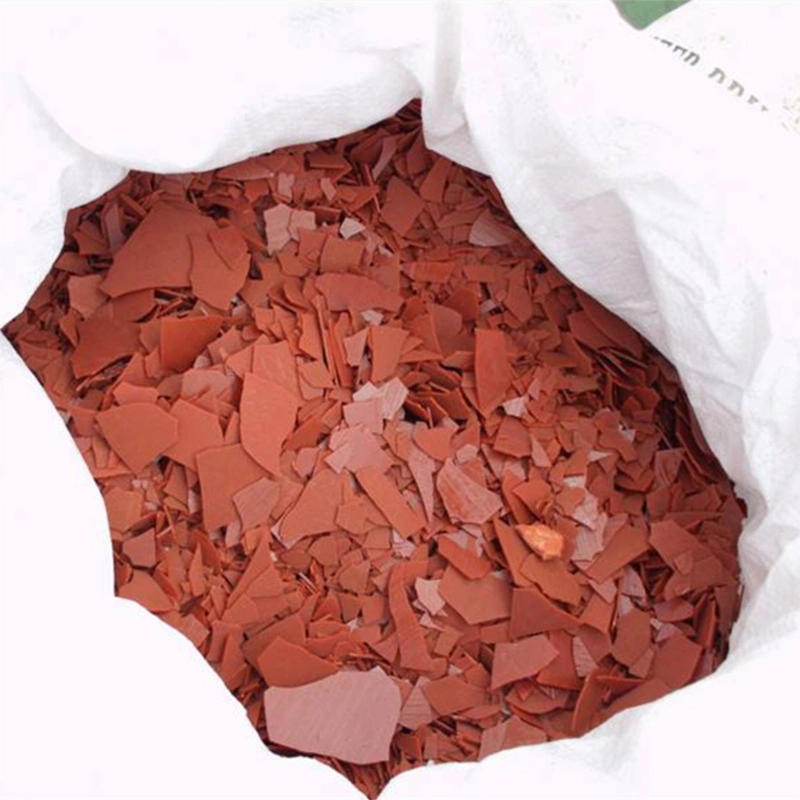



Exploring the Uses and Benefits of E252 Potassium Nitrate in Various Applications
Understanding E252 Potassium Nitrate in Food Preservation
Potassium nitrate, commonly known as E252, is a chemical compound widely utilized in the food industry, primarily as a preservative. It is a salt containing potassium and nitrate ions and is often recognized for its ability to inhibit microbial growth, enhancing the safety and longevity of various food products. This article explores the functions, applications, safety concerns, and regulatory status of E252 in food preservation.
Function and Properties
E252 acts as a preservative primarily through its role in inhibiting the growth of harmful bacteria, particularly in meat products. It functions by stabilizing the color of cured meats, enhancing their visual appeal while preventing spoilage. Potassium nitrate is especially effective in controlling the growth of Clostridium botulinum, the bacterium responsible for botulism, a severe form of food poisoning. When used in appropriate concentrations, E252 can extend the shelf life of foods by several weeks, allowing for longer storage and transport times.
In addition to its preservative properties, E252 contributes to the development of a characteristic pink-red color in cured meats. This color change is due to the reaction of nitrate with myoglobin, the protein that holds oxygen in muscle tissue, resulting in a visually appealing product that consumers easily associate with safety and quality.
Applications in the Food Industry
E252 is most commonly found in processed meats such as ham, bacon, and sausages. It is often used in conjunction with sodium nitrite (E250), another preservative that works similarly to inhibit microbial growth and maintain food quality. Together, they not only help in preserving the product but also prevent rancidity and undesirable flavors, ensuring that consumers receive a safe and enjoyable product.
e252 potassium nitrate

Beyond processed meats, E252 also finds applications in the dairy industry, particularly in the production of certain cheeses where it helps in controlling moisture and extending shelf life. Some applications can also be found in vegetable preservation, where maintaining freshness is crucial.
Safety and Regulatory Aspects
The use of potassium nitrate as a food additive has been the subject of various studies and discussions regarding its safety. Regulatory authorities, such as the European Food Safety Authority (EFSA) and the U.S. Food and Drug Administration (FDA), have evaluated E252 and determined acceptable daily intake levels for consumers, ensuring that its use in food products poses minimal risk.
However, there are concerns regarding the potential formation of nitrosamines, compounds that may be carcinogenic when nitrites and nitrates are exposed to high temperatures or acidic environments. To mitigate these risks, manufacturers are advised to follow strict guidelines concerning the permitted levels of E252 and to ensure that products are not excessively processed or misused.
Conclusion
In conclusion, potassium nitrate, or E252, plays a crucial role in the food preservation industry, particularly in enhancing the safety and quality of processed meats and some dairy products. While its benefits in prolonging shelf life and maintaining product safety are well-established, ongoing research and careful monitoring of its usage are essential to address safety concerns. As consumers increasingly seek transparency in food production, the responsible use of E252 can help balance the demands for extended shelf life with health and safety considerations, thereby ensuring that food products remain safe and appealing to the global market.
-
Why Sodium Persulfate Is Everywhere NowNewsJul.07,2025
-
Why Polyacrylamide Is in High DemandNewsJul.07,2025
-
Understanding Paint Chemicals and Their ApplicationsNewsJul.07,2025
-
Smart Use Of Mining ChemicalsNewsJul.07,2025
-
Practical Uses of Potassium MonopersulfateNewsJul.07,2025
-
Agrochemicals In Real FarmingNewsJul.07,2025
-
Sodium Chlorite Hot UsesNewsJul.01,2025










